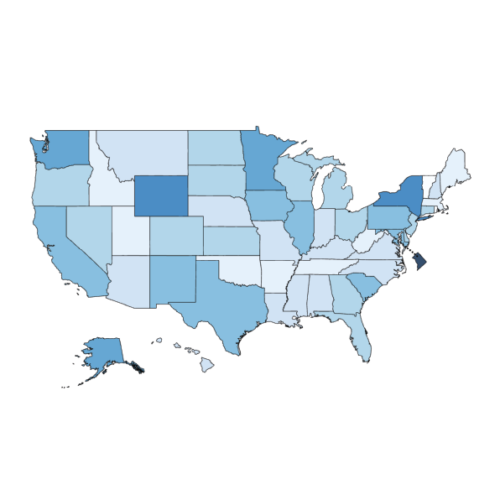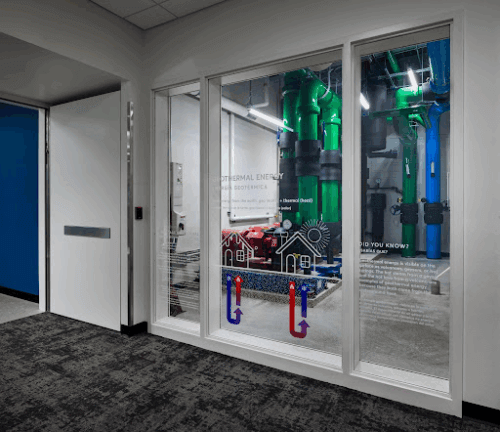Hot Temperature and High-Stakes Performance
R. Jisung Park,
This study examines how high temperatures affect student performance on high-stakes exams and long-term educational outcomes in New York City, the largest public school district in the U.S. Using administrative data, the research finds that taking an exam on a 90°F day leads to a 13% drop in performance relative to a more optimal 75°F. This decrease translates into a 10% lower probability of passing a subject and a significantly reduced likelihood of graduating on time. The study estimates that between 1998 and 2011, over 510,000 exams that would have passed instead received failing grades due to excessive heat, affecting at least 90,000 students. While some teachers attempted to compensate by adjusting grades, the negative impacts remained. Importantly, lower-income and minority students were less likely to have air-conditioned classrooms, exacerbating educational inequalities. These findings highlight the need to consider environmental conditions, such as classroom temperature, when shaping education policies and infrastructure investments to support equitable learning outcomes.
Topics
Format(s)
- Website



